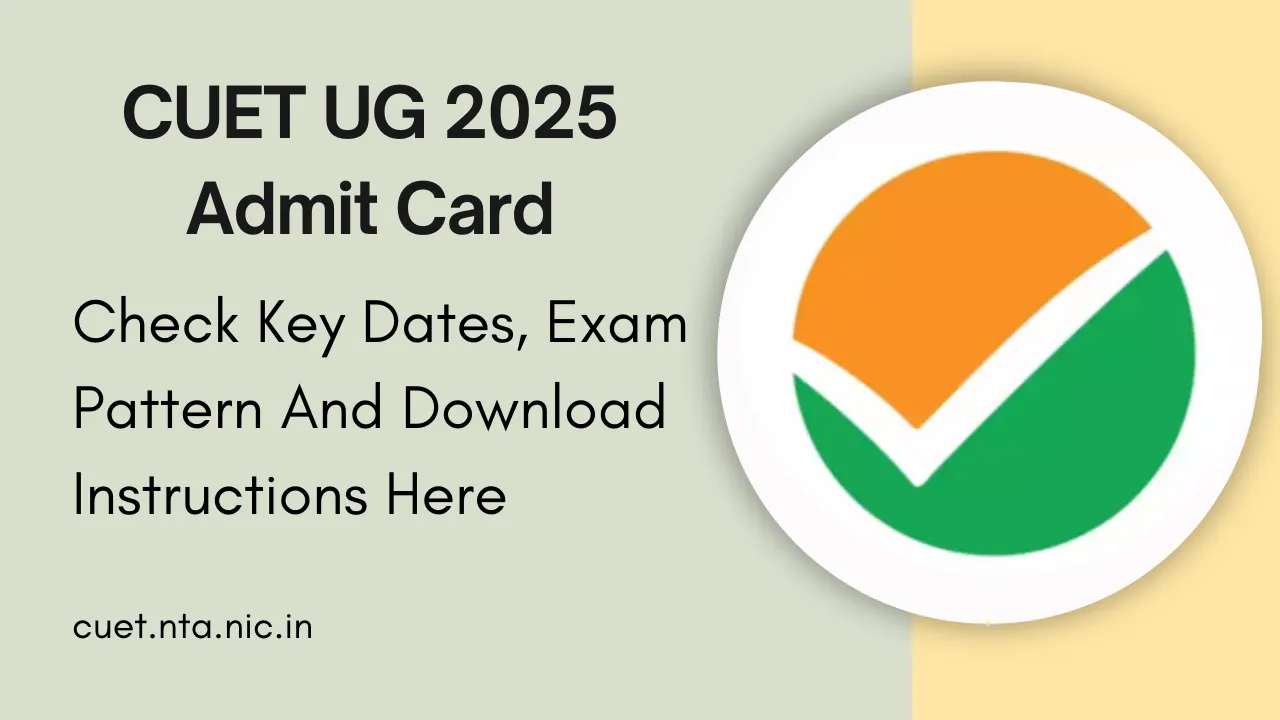In recent years, digital platforms and mobile apps have reshaped the way students prepare for exams. Gone are the days when learners solely depended on traditional textbooks, coaching classes, and paper-based materials. The digital age has introduced innovative tools that provide convenience, flexibility, and enhanced learning opportunities. Students can now access study resources anytime and anywhere, helping them prepare more efficiently and effectively.
This article explores how digital platforms and mobile apps contribute to exam preparation. We will discuss their key features such as accessibility, personalized learning, interactive content, practice tools, and time management aids. The goal is to provide a clear understanding of how technology empowers students in their academic journey.
Digital Platforms and Mobile Apps
Digital platforms and mobile apps play a crucial role in modern exam preparation. These tools offer vast resources, from e-books and video tutorials to practice tests and AI-based learning suggestions. They break traditional barriers by allowing learners to study at their own pace, customize their learning path, and access quality content regardless of location. With features like instant feedback, performance analysis, and reminders, these apps help students stay organized and focused throughout their preparation.
Overview Table
| Key Contribution | Description |
| Accessibility and Convenience | Study anytime, anywhere using mobile apps and platforms. |
| Personalized Learning | Adaptive learning paths tailored to individual strengths and weaknesses. |
| Interactive Learning | Quizzes, videos, simulations, and gamification to boost engagement. |
| Practice and Assessment | Mock exams, instant feedback, and performance tracking. |
| Resource Availability | Access to digital libraries, online courses, and study groups. |
| Time Management and Organization | Tools for creating study schedules, reminders, and progress tracking. |
Accessibility and Convenience
One of the biggest advantages of digital platforms and mobile apps is their accessibility. Students no longer need to travel long distances to attend coaching classes or libraries. With mobile apps, they can study anytime—whether during a commute, in between classes, or at home. This flexibility helps remove geographical and time constraints, giving learners the freedom to design their study routine as per their convenience. All essential study materials, expert guidance, and practice tests are available right at their fingertips.
Personalized Learning Experience
Many modern digital platforms offer personalized learning paths. These apps use smart algorithms and AI to analyze a student’s progress and tailor study plans accordingly. Learners can choose topics based on their comfort level, revisit weaker sections, and adjust their speed. This customization ensures that no two learners follow the same path, making preparation more efficient. Features like progress reports, strength analysis, and suggested practice exercises help students focus on areas needing improvement.
Interactive and Engaging Learning
Studying through digital platforms and mobile apps is not limited to reading text. They provide a wide variety of interactive learning options such as quizzes, flashcards, simulations, and gamified exercises. These engaging elements make learning fun and keep students motivated. Video tutorials, diagrams, and multimedia presentations simplify complex concepts, enhancing understanding and retention. Such interactive content keeps learners actively involved, making their preparation more effective.
Practice Tests and Instant Assessment
Another standout feature of digital platforms is the availability of practice tests and mock exams. These tests are designed to simulate real exam conditions, helping students become familiar with exam patterns and time management. Instant feedback after each test gives learners a clear idea of their performance, highlighting strengths and areas for improvement. Regular assessments allow students to monitor their progress consistently and fine-tune their preparation strategy accordingly.
Resource Availability and Collaboration
Digital platforms and mobile apps offer access to a vast pool of study materials, including e-books, video lectures, online courses, and research articles. Many platforms also host discussion forums and study groups where students can collaborate, exchange ideas, and solve doubts. This sense of community and shared knowledge encourages peer learning, making the preparation journey smoother and less isolating.
Time Management and Organization Tools
Managing time effectively is crucial during exam preparation. Digital apps provide various tools that help students stay organized. Features like customizable study schedules, progress trackers, notifications, and reminders assist learners in sticking to their plan. By tracking completed tasks and upcoming deadlines, students can maintain discipline and avoid last-minute cramming. These tools ensure a well-structured preparation routine, reducing unnecessary stress.
Popular Digital Platforms and Mobile Apps
Several trusted digital platforms and mobile apps are widely used by students:
- Online Learning Platforms: Websites like Coursera, Khan Academy, and Udemy offer comprehensive courses covering various subjects and exams.
- Mobile Apps: Apps such as Quizlet and Anki provide flashcards, quizzes, and personalized study materials.
- Online Test Series: Many apps and websites offer test series specifically designed for competitive exams, complete with detailed performance feedback.
These platforms combine expert knowledge, technology, and user-friendly interfaces to enhance exam preparation significantly.
Frequently Asked Questions (FAQs)
1. How do digital platforms and mobile apps help in exam preparation?
They offer accessible study materials, personalized learning, interactive content, and practice tests, helping students prepare efficiently.
2. Are mobile apps reliable for serious exam preparation?
Yes, many mobile apps provide quality content, expert guidance, and real-time assessments, making them reliable study aids.
3. How can digital platforms assist in time management?
They offer features like study schedules, reminders, and progress trackers that help students manage their time effectively.
4. Can I collaborate with other learners on these platforms?
Yes, many platforms offer forums and study groups for discussion and peer learning.
5. What are some popular digital platforms used by students?
Some popular ones include Coursera, Khan Academy, Udemy, Quizlet, and Anki.
Final Thought
The impact of digital platforms and mobile apps on exam preparation cannot be overstated. They have transformed learning by making it more accessible, personalized, and engaging. Whether you’re preparing for competitive exams or academic assessments, these tools provide everything you need to stay ahead. Explore different apps and platforms, find the ones that suit your style, and take your exam preparation to the next level. Don’t forget to share your favorite platforms or apps in the comments and check out related content to further enhance your learning journey!











